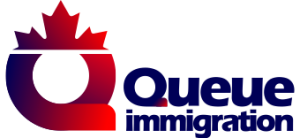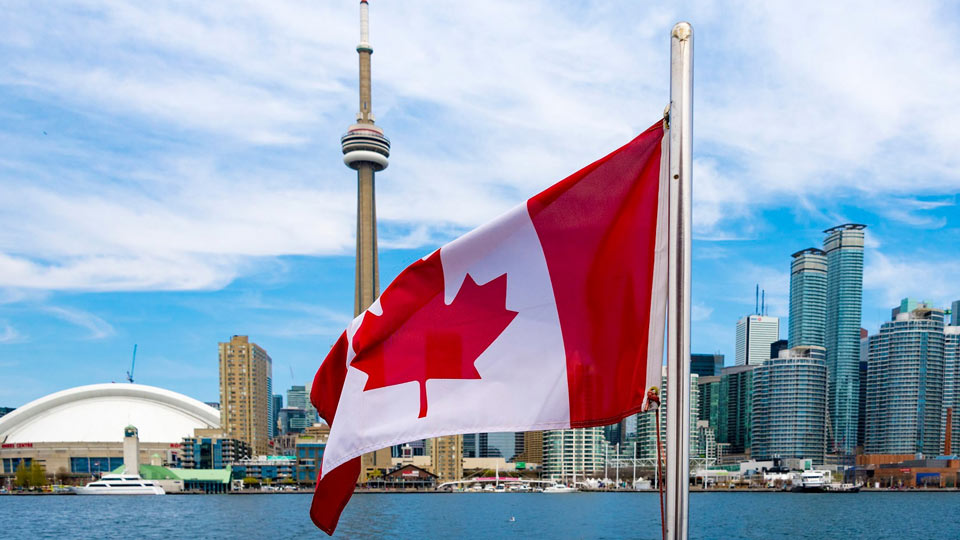Work and living situation after graduation in Canada- PGWP
Graduates of the study program may be able to work temporarily or even live in Canada permanently. Applicants who have completed their program of study and meet all of the following criteria will be eligible for work under paragraph 186 of the Immigration and Refugee Protection [IRPR]:
-
- THEY WERE A FULL-TIME STUDENT ENROLLED AT A DLI IN A POST-SECONDARY ACADEMIC, VOCATIONAL OR PROFESSIONAL TRAINING PROGRAM.
- THEY WERE OR ARE HAVING A VALID STUDY PERMIT AT THE TIME OF APPLYING FOR A POST-GRADUATION WORK PERMIT.
- THEY HAVE NOT WORKED MORE THAN THE ALLOWED WORKING HOURS.
- THEY WERE ALLOWED TO WORK OUTSIDE THE UNIVERSITY WITHOUT A WORK PERMIT.
Students can work under the conditions above while waiting for a decision on their post-graduation work permit application.
Work temporarily in Canada after graduation
To work in Canada after graduation, you need a work permit, and the skills and experience you gain at work are crucial when you apply for permanent residency.
Post-graduation Work Permit Program (PGWPP):
Students who graduate from qualifying Canadian approved learning institutions will be allowed to work after graduation to get important work experience in Canada under this program (DLIs). PGWPP graduates with Canadian Skilled Work Experience in (National Occupational Classification or [NOC]), Skills Type 0 or Skills Level A or B qualify for permanent residency in Canada through the Canadian Experience Express class.
Note: Beginning February 14, 2019, the above instruction will be applied to all post-graduation work permit applications, and applications received previous to that date will be reviewed in compliance with the instructions. Applicants who were denied a post-graduation work visa under the old standards before February 14, 2019, can reapply to be considered under the new guidelines if they meet the requirements.
Other types of work permits:
You can still work in Canada after graduation if you do not qualify for the PGWP. There are two different sorts of work permits in this section:
1- open work permit
2- Employer-specific work permit.
Open work permit
You can only get an openwork permit under certain conditions. An open work permit allows you to work for any employer, except employers who:
Employers who often offer provocative dances, striptease, escort services, or provocative massages are on the list of those who have failed to meet the requirements.
Employer-specific work permit
A work permit for a specific employer allows you to work only under the terms of your work permit, which include:
-
- Where you can work (if there is)
- How long can you work?
- The name of the employer you can work for
FIND WAYS TO BECOME A PERMANENT RESIDENT
After studying in Canada and maybe getting Canadian work experience, you now have the option of obtaining permanent residence in Canada, allowing you to stay here indefinitely.
You can use the Come to Canada tool to find out what alternatives are available to you. You may also compare programs using the chart at the end of this article.
You will be exposed to two key terms before comparing the programs:
Classification of National Occupations:
The National Occupational Classification (NOC) is a list of all the jobs available in Canada. Each job is described in this classification according to its nature and level of competence.
For those aiming to immigrate, these are the main occupational groups:
-
- Skill type 0 (zero): managerial jobs
- Skill Level A : professional occupation that usually requires a degree from a university
- Skill Level B : Technical occupations and skilled trades that usually require a college diploma or training as an apprentice
- Skill Level C : Intermediate occupations that are usually obtained by passing a high school course or special training related to that job
- Skill Level D : labor jobs that are usually the on-the-job training process
Canadian Language Benchmark (CLB):
In Canada, this standard is used to measure, recognize, and describe the English language proficiency of adults and potential immigrants who intend to live in Canada and work or apply for citizenship. Niveaux de compétence linguistique canadiens or (NCLC) is also used to assess competencies in French language.
| Eligibility criteria | Canadian Experience Class | Federal Skilled Workers Program | Federal Skilled Trades | Provincial Nominee Program | Atlantic Immigration Pilot |
| Language skills | You have strong English or French skills
(CLB 7 if your NOC is 0 or A CLB 5 if your NOC is B) |
You have strong English or French skills
(CLB 7) |
You have strong English or French skills
(CLB 5 for speaking and listening CLB 4 for reading and writing) |
You have strong English or French skills
Levels vary by province |
You have strong English or French skills
(CLB 4) |
| Type of work experience | Canadian experience in one of these NOCs:
|
Experience in NOC
|
Experience in a skilled trade under key groups of NOC B | It depends on the province, but includes NOC 0, A, B, C or D | Not required |
| Amount of work experience | 12 months (either combination of full-time or part-time work) | 1 year continuous (combination of part-time, full-time or more than one job) | 2 years within last 5 years | It depends on the province | Not required |
| Job offer | Not required, but you can get points for having a valid offer | Not required, but you can get points for having a valid offer | Required:
|
It depends on the province | Required. Job offer must:
|
| Education | Not required, but you can get extra points for your Canadian education | Secondary education required. You can get more points for your post-secondary education | Not required, but you can get extra points for your Canadian education | It depends on the province | You must have graduated from a publicly funded post-secondary institution in Atlantic Canada. Program must have been at least 2 years. |
| Other | Not applicable | Not applicable | Not applicable | Not applicable | Job offer must be for an employer in Atlantic Canada |
“Q IMMIGRATION is a one-stop destination for your travel related concerns. We understand that you are ready to explore the world and experience the bounty that the blue planet is offering you. Whether you are a curious soul, a wanderer or a seeker, we help you to ensure that the journey you undertake creates a memory of a lifetime. The next decision you make whether for fun, adventure or to give shape to your education or career, we are there to help you at each and every step. We make sure that the moments before embarking on a journey you’re not paranoid or stressed about the documentation, paperwork, and filing of the correct formality. So leave it to us, and spend quality time in manifesting or simply creating a bucket list.”

